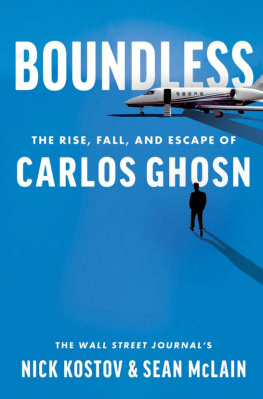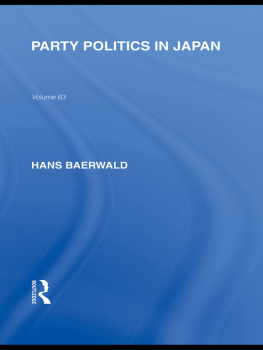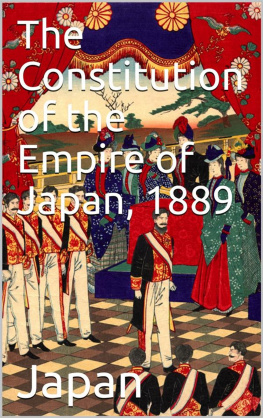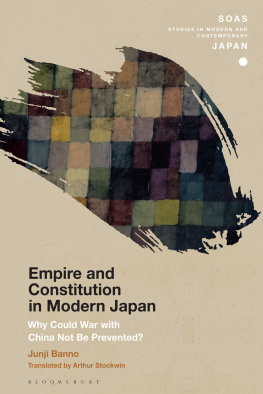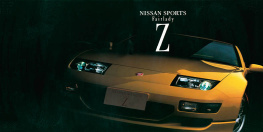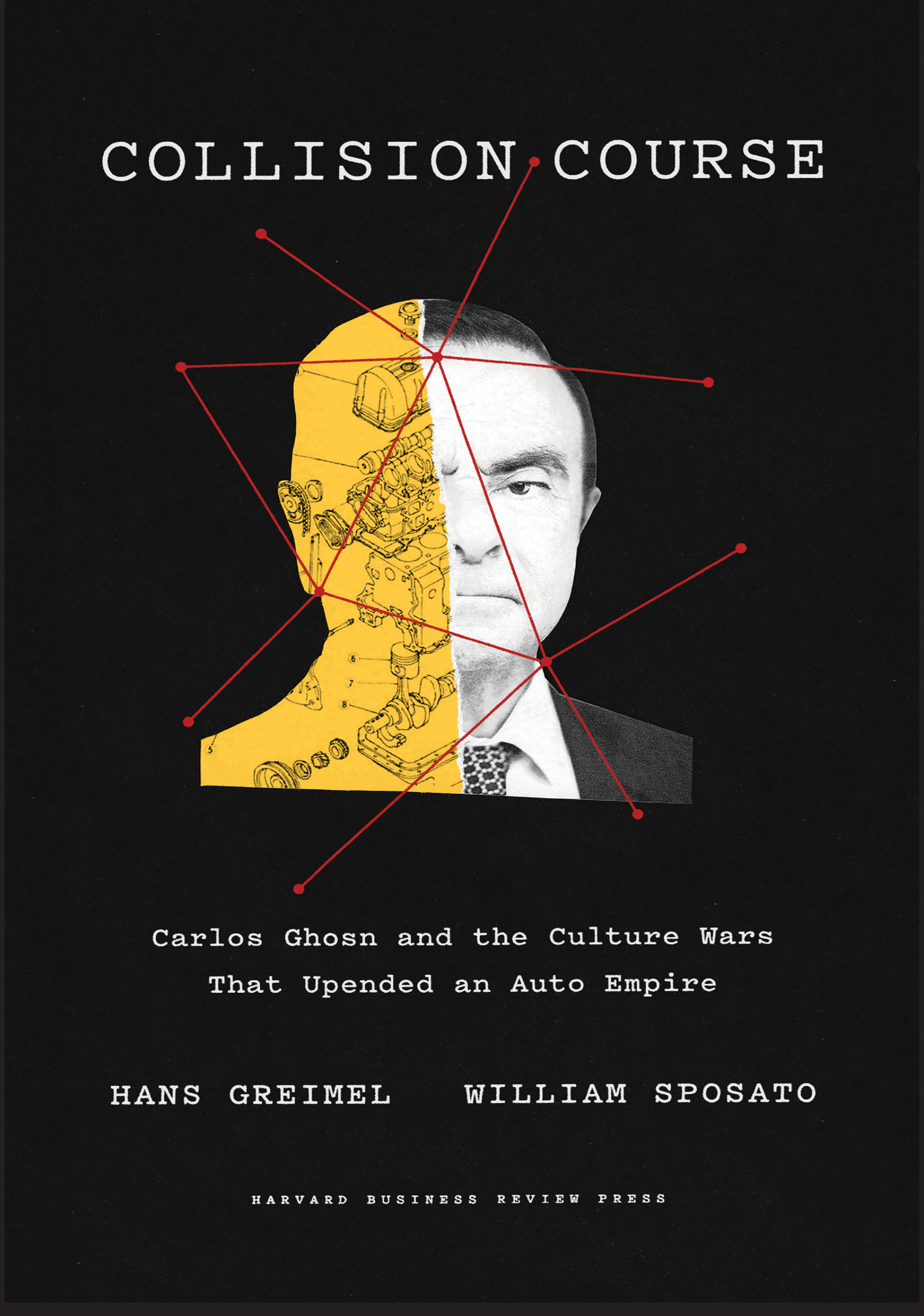HBR Press Quantity Sales Discounts
Harvard Business Review Press titles are available at significant quantity discounts. Special editions, including books with corporate logos, customized covers, and letters from the company or CEO printed in the front matter, as well as excerpts of existing books, can also be created in large quantities for special needs.
For details and discount information for both print and
ebook formats, contact ,
tel. 800-988-0886, or www.hbr.org/bulksales.
Copyright 2021 Hans Greimel and William Sposato
All rights reserved
No part of this publication may be reproduced, stored in or introduced into a retrieval system, or transmitted, in any form, or by any means (electronic, mechanical, photocopying, recording, or otherwise), without the prior permission of the publisher. Requests for permission should be directed to , or mailed to Permissions, Harvard Business School Publishing, 60 Harvard Way, Boston, Massachusetts 02163.
The web addresses referenced in this book were live and correct at the time of the books publication but may be subject to change.
Editorial production by Christine Marra, Marrathon Production Services. www.marrathoneditorial.org
Library of Congress Cataloging-in-Publication Data
Names: Greimel, Hans, author. | Sposato, William, author.
Title: Collision course : Carlos Ghosn and the culture wars that upended an auto empire / Hans Greimel and William Sposato.
Description: Boston, MA : Harvard Business Review Press, [2021] | Includes index. |
Identifiers: LCCN 2021009356 (print) | LCCN 2021009357 (ebook) | ISBN 9781647820473 (hardcover) | ISBN 9781647820480 (ebook)
Subjects: LCSH: Ghosn, Carlos, 1954 | Nissan Jidsha Kabushiki Kaisha. | Rgie nationale des usines Renault. | Mitsubishi Jidsha Enjiniaringu Kabushiki Kaisha. | Strategic alliances (Business)Japan. | Chief executive officersJapan. | Automobile industry and tradeJapan. | Automobile industry and tradeCorrupt practicesJapan. | Commercial crimesJapan.
Classification: LCC HD9710.J32 G74 2021 (print) | LCC HD9710.J32 (ebook) | DDC 338.7/6292220952dc23
LC record available at https://lccn.loc.gov/2021009356
LC ebook record available at https://lccn.loc.gov/2021009357
ISBN: 978-1-64782-047-3
eISBN: 978-1-64782-048-0
To my daughters, Nozomi and Miyuki, who inspire, motivate, and make life worth living.
Hans Greimel
To my mother and father for their commitment that made my career in journalism possible, and to my wife, Pei-chi Tung, for all her support and endless patience throughout the writing of this book.
William Sposato
CONTENTS
PREFACE
Like many of lifes most interesting partnerships, ours was something of a chance event. Even as we individually covered the events surrounding Carlos Ghosn and Nissan through its many dramatic moments and implausible twists, neither of us was thinking of writing a book.
Helping drive us forward was the good fortune of being ringside witnesses for many of the story strands weaving this saga together. Based in Tokyo, we have a combined forty years of journalism experience in Japan.
Hans is a veteran automotive reporter, Detroit-bred and deeply immersed in the Japanese car business for nearly fifteen years. He had direct access to Carlos Ghosn during the writing of this book. Many of the quotes from Ghosn in the book come from those conversations and from interviews and other interactions Hans had with Ghosn for more than a decade as part of his reporting for Automotive News, the news source of record for the global car industry. William has spent two-plus decades reporting and writing about Japan Inc., its economy and financial markets, while also integrating a deep understanding of Japans complex, two-century history of opening up to the West and how it impacts the country even today.
From the machinations of the corporate executives to the behind-the-scenes intrigue of government officials who can, in reality, ill-afford to see their national brands wither away, we have talked with the key players involved in the Nissan-Renault story, at every level. We spoke to more than fifty auto executives, business leaders, policy makers, legal experts, academics, and other sources, both foreign and Japanese. This came on top of the daily reporting we did for spot news of the scandal since the night it erupted, November 19, 2018. Some of these people have requested to be quoted on background to protect themselves and we have honored that. To everyone who took the time to speak with us, we are most grateful.
Through those conversations, it became clear that there is one truth most agree on: Carlos Ghosn didnt just leave an indelible mark on the Renault-Nissan-Mitsubishi Alliance that he helped create and then ruled over for nearly two decades. He left a lasting impact on the industry and on Japan. He is arguably one of the most influential foreigners ever to set foot in this country.
His transformation of Nissan remade the auto industry and ripples throughout global economies to this day. He pioneered a new kind of globalized business for an era in which companies from different nations and radically different business cultures might dare to work as a team toward a shared vision, while somehow preserving their own identities, even as they scale to massive sizein the Alliances case into the largest auto group in the world.
Yet, Ghosns scandal cast a harsh spotlight on Japanese corporate governance, the judicial system, and even its jails. From this may come change, as often happens in a country always concerned about its international image. It also raised questions about the role of government as a shareholder and string-puller in the world of private industry. In the end, the upheaval upended Ghosns once-sterling legacy as an innovative business leader and left observers asking if his vision for a truly transnational Franco-Japanese auto alliance was a model for future industry consolidation, or if it was just a fleeting mirage.
And then there was the bombshell question the world was left asking: Did the man long lauded as a global management guru improperly hide his own compensation and siphon funds from the company he was lionized for saving? Ghosn (like his co-defendant, former Nissan director Greg Kelly) denies any wrongdoing. But Ghosns legacy will always bear the stain of that suspicionafter being indicted four times in Japan and drummed out of the industry.
In tackling this subject, the challenge for us was not what to include, but what could be left out. The various stories span two decades, three continents, several countries, and dozens of key players. Many aspects were complex, convoluted, and sometimes unimaginable, if not outright bizarre. One of the worlds most celebrated and esteemed auto executives is arrested with no prior signs to the world that any potential misconduct had been afoot. He is thrown in jail for 130 days and at first denied access to lawyers and family in a justice system that in many ways is antithetical to Western norms. Then, after pledging to clear his name in court, the famed executive packs himself into a trunk and is smuggled out of the country by a team of operatives led by a former Green Beret. He then resumes his life in Lebanon as an international fugitive. Even today, we find the entire odyssey almost impossible to believe.


